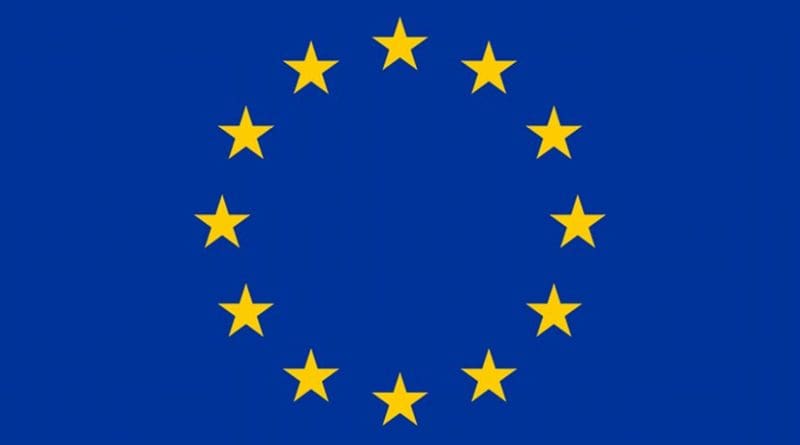A European Army: Not For Now – OpEd
By IPRIS
By Antonio Figueiredo Lopes*
In an interview for the newspaper Welt am Sonntag, the President of the European Commission Jean-Claude Juncker called for the creation of a common European army to face Russia and other geostrategic challenges.
According to recent news on the subject, these declarations caught most European leaders by surprise, stirred debate in the European Parliament, and ultimately led to NATO reacting by recommending that duplications be avoided and that EU/NATO complementarity be reinforced.
Does this subject matter for Portugal? Due to its geostrategic location and history, the EU and NATO are key to Portugal’s national security and defense.
The idea of a European army is not new in Europe’s history. The first effort to create a common European army with a single and unified political command goes back to the 1950’s and the unsuccessful attempt to create a European Defense Community.
With the end of the Cold War, the late 20th Century was marked by the emergence of a new world order and new types of threats, risks and conflicts. In this context, the European Union— designed as a project of peace, stability and development—has been forced to prepare itself for new missions in a particularly worrying geopolitical and strategic scenario, mostly along its eastern and southern borders.
The Western European Union (WEU), in a state of lethargy long after its creation in 1954, would finally rise from the ashes and during the last phase of its existence take a relevant role as institutional support for autonomous interventions in crisis management operations and humanitarian missions—i.e. the “Petersberg Tasks”—every time the United States could not, or did not intend to, participate.
Following the Franco–British Summit, held in Saint- Malo in 1998, the common security and defense policy was incorporated in the treaties and the first steps were undertaken towards the creation of political, civil and military instruments suited to its materialization. With the entry into force of the Lisbon Treaty, Europe now met the conditions that allow for its consolidation as a global actor of peace, capable of launching autonomous operations with or without NATO’s support. More than 30 civilian and military operations have been conducted, or are still ongoing, and in many of them Portuguese security and Armed Forces have been present and dignified Portugal’s name.
NATO, in turn, continues to be the guarantor of collective defense. The Atlantic Alliance has even recently stepped up its presence in the Baltic region in reaction to the crisis in Ukraine and the increasing Russian threat.
In my opinion, what is now necessary is not the creation of a common European army. In fact, the immediate priority and urgency falls on the political will to activate the mechanisms envisaged in the Lisbon Treaty, namely the permanent structured cooperation and the operational deployment of the battlegroups. There is also an urgent need to increase investment in technological and industrial sectors to redress operational shortfalls and to strengthen the European technological and industrial base through the cooperation between armed forces. Member-states need to work increasingly together in partnership given that it is highly unlikely that any one member-state by themselves have all the elements needed to fulfill such complex capabilities and missions.
Thus, besides spurring divisions between member-states, the proposal under analysis appears to be extemporaneous, since there are other solutions—either in the Lisbon Treaty or on the ground—that have been duly studied and fully agreed upon, and which must be materialized without delay.
It is worth recalling that, up to this present day, it was not Europe’s federalist vision of defense that won the day. On the contrary, it was the method of taking small steps, advocated by Schuman and Jean Monnet, which brought the European common security and defense policy to the point where it is today.
Is the Commission President’s proposal an attempt to skip stages in a most sensitive domain or are we merely facing another example of “constructive ambiguity,” an expression often used across the European project?
About the author:
*Antonio Figueiredo Lopes, President of the EuroDefense-Portugal
Source:
This article was published by IPRIS as IPRIS Viewpoint 168 (PDF)

